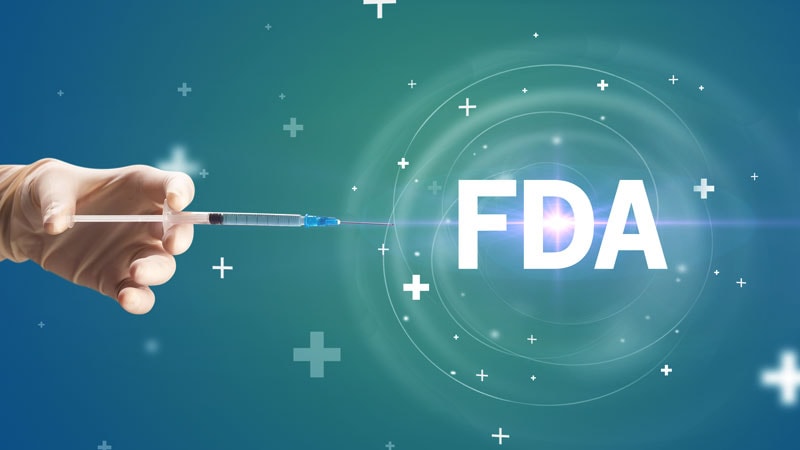
Editor’s note: Find the latest COVID-19 news and assistance in Medscape’s Coronavirus Resource Center.
The United States Food and Drug Administration (FDA) has clarified its assistance on administration of the Pfizer/BioNTech COVID-19 vaccine, stating that it is safe for individuals with any history of allergies, but not for those who might have a recognized history of serious allergic reaction to any element of the vaccine.
The warning is included in the FDA’s details sheet for health care providers, however concerns are developing regarding whether the vaccine– which was authorized for emergency use by the FDA on Friday– ought to not be given to anyone with a history of allergies.
Sara Oliver, MD, an epidemic intelligence service officer with the Centers for Illness Control and Prevention (CDC) reported at a December 11 conference of the firm’s Advisory Committee on Immunization Practices that 2 UK health care employees with a history of significant allergic reactions had a reaction to the Pfizer vaccine A 3rd healthcare worker with no history of allergies established tachycardia, stated Oliver.
” I wish to reassure the general public that although there were these few responses in Fantastic Britain, these were not seen in the bigger scientific trial datasets,” said Peter Marks, MD, PhD, director of the Center for Biologics Assessment and Research (CBER) at the FDA, throughout a press instruction on December 12.
The Pfizer vaccine “is one that we’re comfy offering to clients who have had other allergies besides those besides extreme allergic reactions to a vaccine or among its elements,” he stated.
Marks suggested that individuals let their physicians learn about any history of allergic reactions. He also kept in mind that the federal government will be providing vaccine administration websites, a minimum of initially, with epinephrine, diphenhydramine, hydrocortisone, and other medications needed to handle allergic reactions.
The FDA is going to be monitoring adverse effects such as allergies very closely, “however I believe we still require to get more information and that’s why we’re going to be taking precautions. We may have to customize things as we progress,” said Marks.
Oliver stated that on December 12 the CDC assembled an external panel with experience in vaccine security, immunology, and allergies “to collate skilled knowledge relating to possible cases,” and that the FDA is getting more data from UK regulatory authorities.
Pregnancy Concerns
.
Firm authorities had little to say, however, about the safety or effectiveness of the vaccine for pregnant or breastfeeding females.
The FDA’s info to healthcare professionals keeps in mind that “available information on Pfizer-BioNTech COVID-19 vaccine administered to pregnant women are insufficient to notify vaccine-associated threats in pregnancy.”
Furthermore, the firm mentioned, “data are not offered to examine the results of Pfizer-BioNTech COVID-19 vaccine on the breastfed baby or on milk production/excretion.”
Marks said that for pregnant women and people who are immunocompromised, “it will be something that suppliers will require to think about on a private basis.” He recommended that individuals consult with doctors to weigh the possible benefits and possible dangers.
” Certainly, COVID-19 in a pregnant lady is not a good thing,” Marks stated.
A private may choose to go on with vaccination. “However that’s not something we’re recommending, that’s something we’re leaving up to the person,” he said.
Follow Medscape on Facebook, Twitter, Instagram, and YouTube
.
Comments
Post a Comment